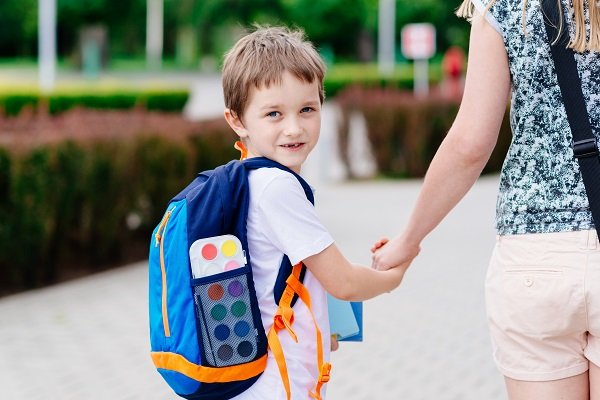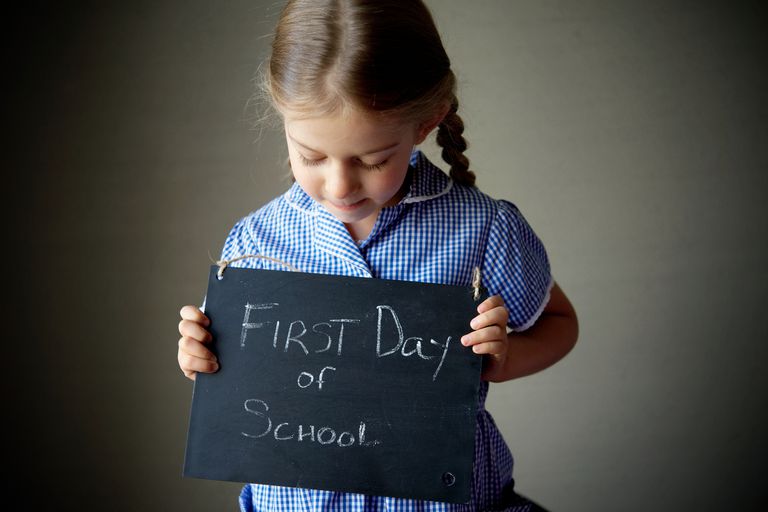With the start of the new school year, many parents feel anxious about their child's adjustment to school.
The beginning of the school year marks the end of summer vacation and relaxation. Like any new beginning, going back to school is expected to evoke different emotions in both parents and children. After all, this is a transitional period, involving a variety of changes for the child (eg change of grade, school, teacher) but also for parents who are called to support their child.
Proper management is required for a smooth adaptation to the new data of this school year, especially in unprecedented conditions such as the pandemic. In such cases, parents' anxiety and worries about their children's adjustment may lead to practices that may hinder effective parent-child communication.

What questions not to ask
For example, the storm of questions can be translated by parents as interesting, but for children it can be a tedious process that refers to interrogation. Therefore, the way the questions are formulated is very important. It is important to keep in mind that the child's answer to a question is proportional to the way it is formulated by the parent. So by changing the way we ask questions, we can make a difference in the quality of communication.
The appropriate questions
Using open-ended questions is recommended as a good way to facilitate the start of a conversation, as it increases the chances for meaningful and quality communication between parents and children. Open-ended questions, which can not be answered with a "yes" or "no", need more comprehensive answers, enrich communication and fuel dialogue between parents and their children. On the other hand, closed-ended questions usually have one-word answers, which tend to be more spontaneous and do not require as much thought.
How to communicate with your child
Therefore, it is important to choose the right time to start a conversation with your child. When communicating, it is important to adjust the way we speak, taking into account the age and developmental level of the children. We will communicate in a different way with an infant and differently with a teenager.
Below you will find some examples of questions that will help you develop and maintain a dialogue with your children, using open-ended questions.
Examples of questions
For example, by asking "did you have a good time at school?", "Did you play with your friends today?", "Did you like the lesson", or "did you ask your teacher for help?", The child will answer with a "yes" or "no". Therefore, asking a closed-ended question will most likely receive a "closed" / one-word or short answer. Alternatively, asking "how was your day at school?", "Tell me about your new friends", "how was your lesson today", "how did your teacher help you with your lesson?"
Every day you are given opportunities to communicate with your children and build a better relationship with them. Effective communication requires work and practice. With some small changes you can encourage communication to be more effective and meaningful, thus strengthening the emotional connection and relationship you have with your children.
Anastasia Georgiou and Maria Prastiti, Teacher / School Psychologists
Bibliography:
- Anderson, LW, & Bloom, BS (2001). A taxonomy for learning, teaching, and assessing: A revision of Bloom's taxonomy of educational objectives. Longman
